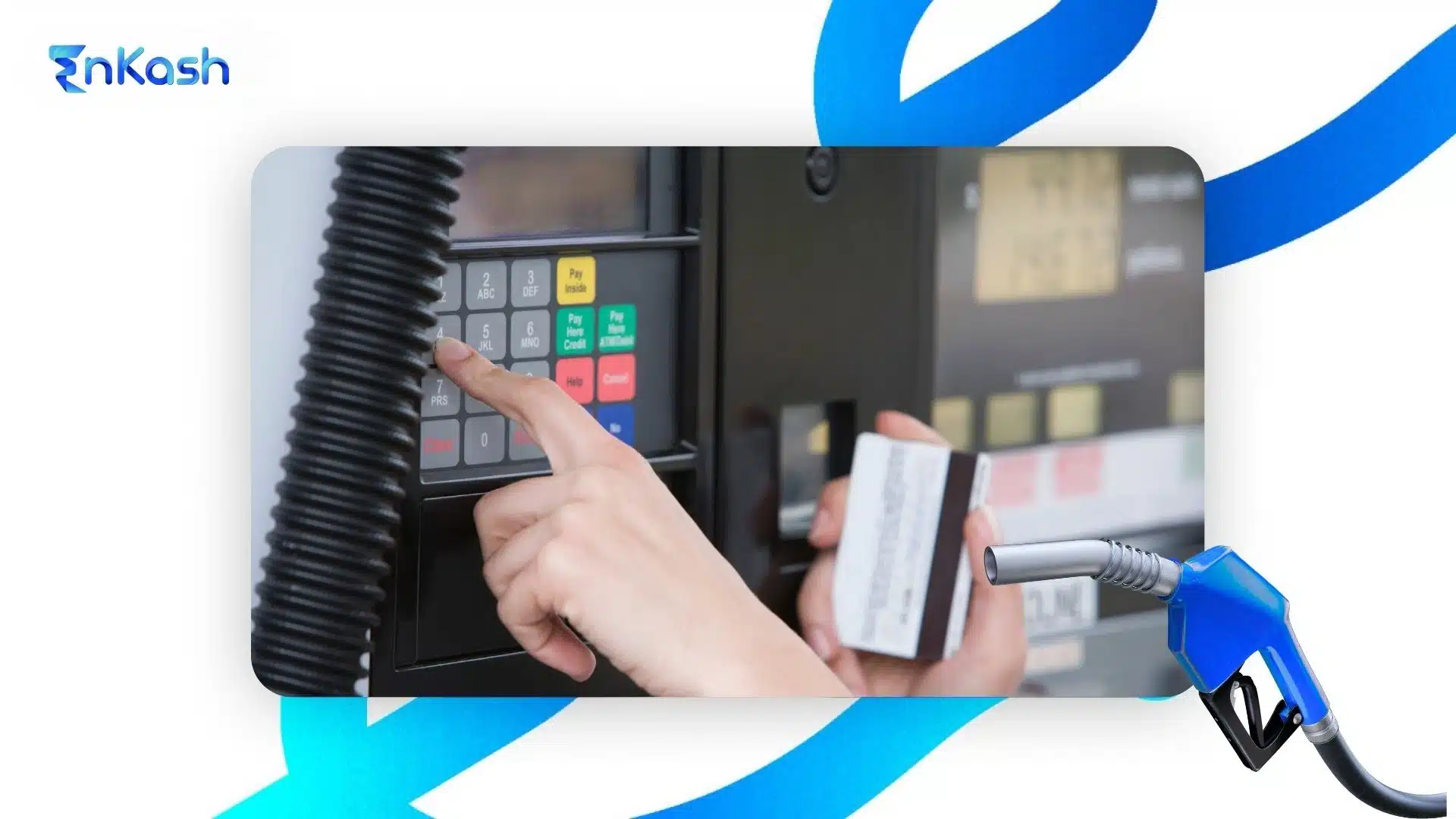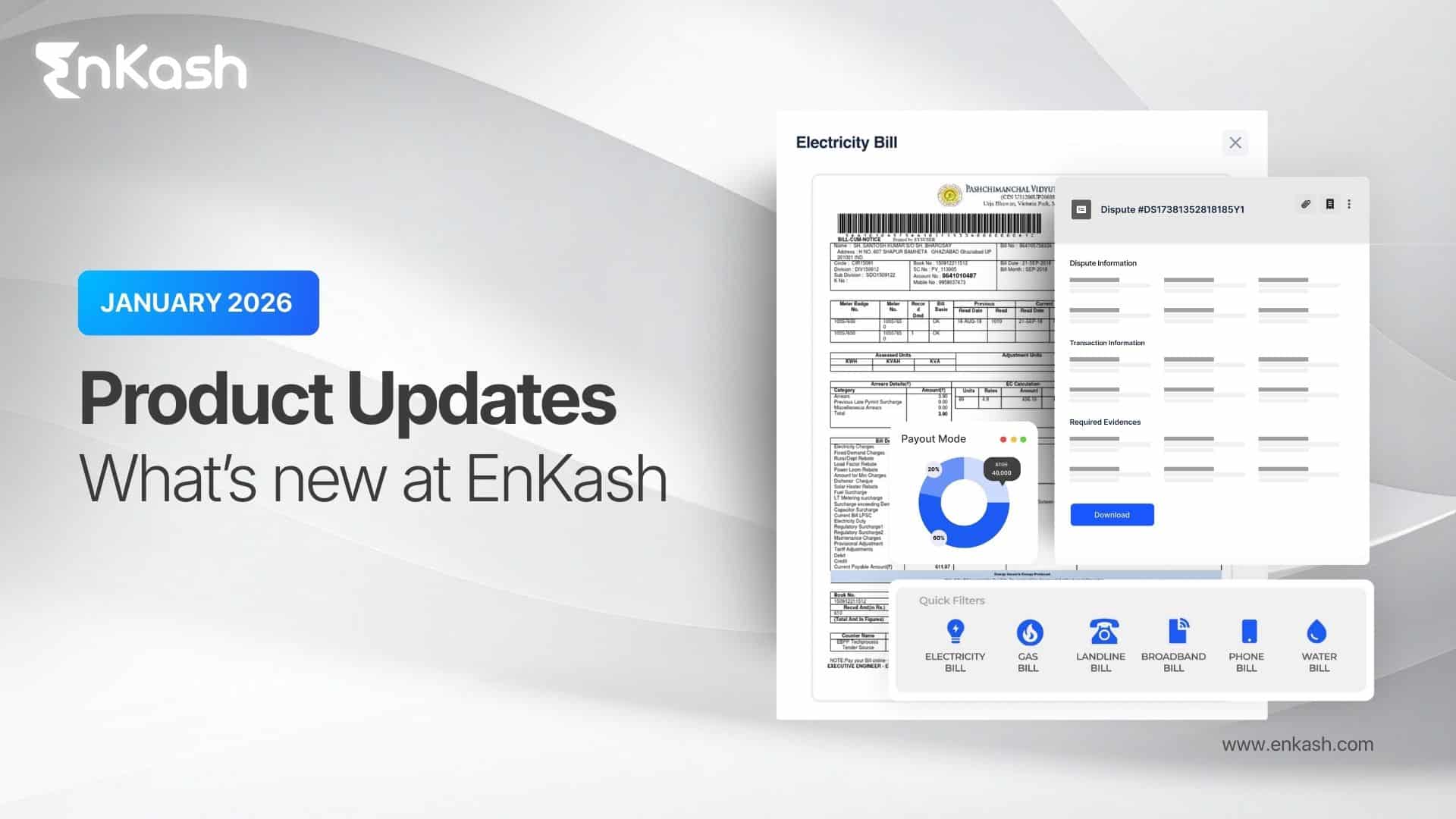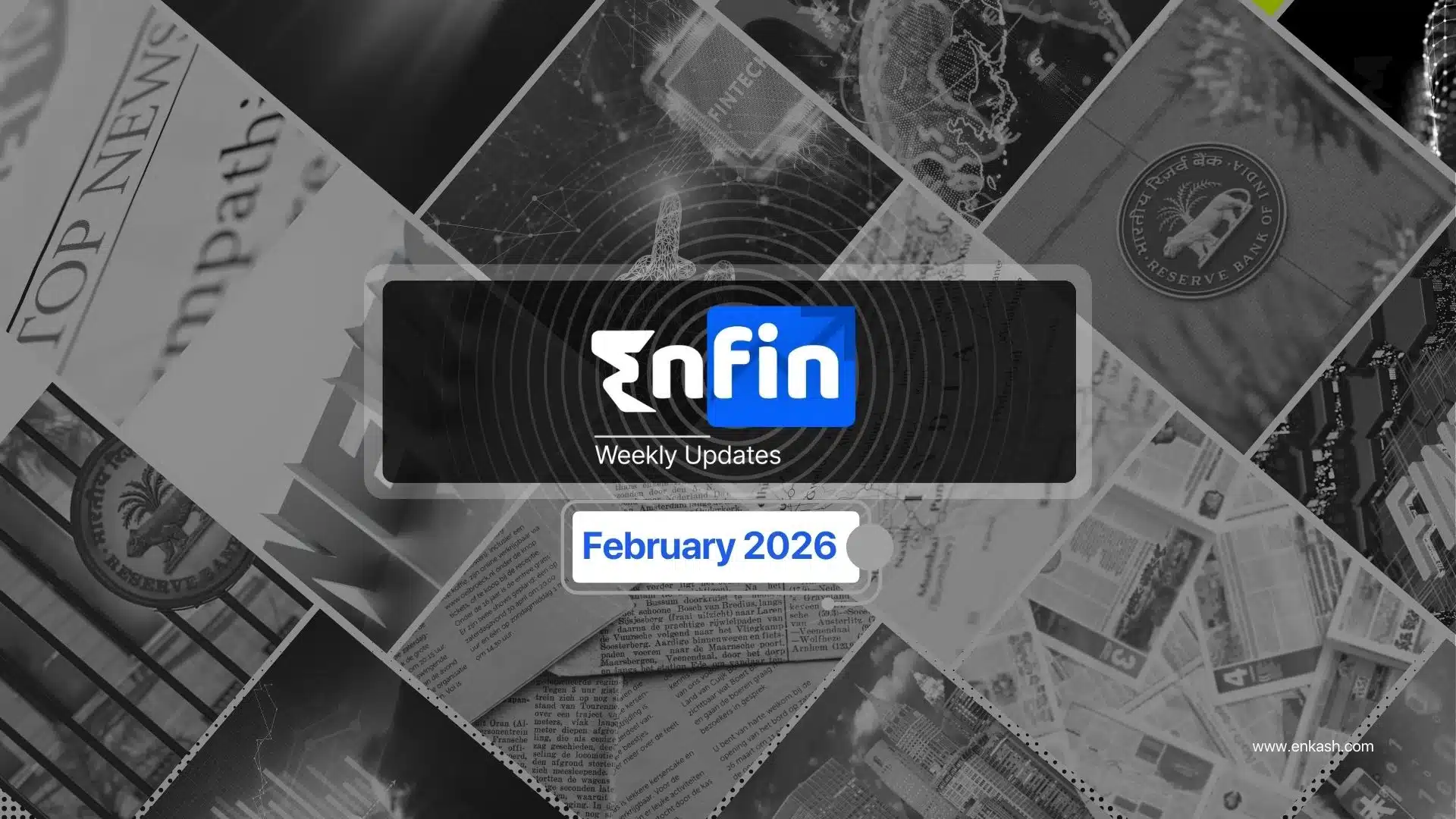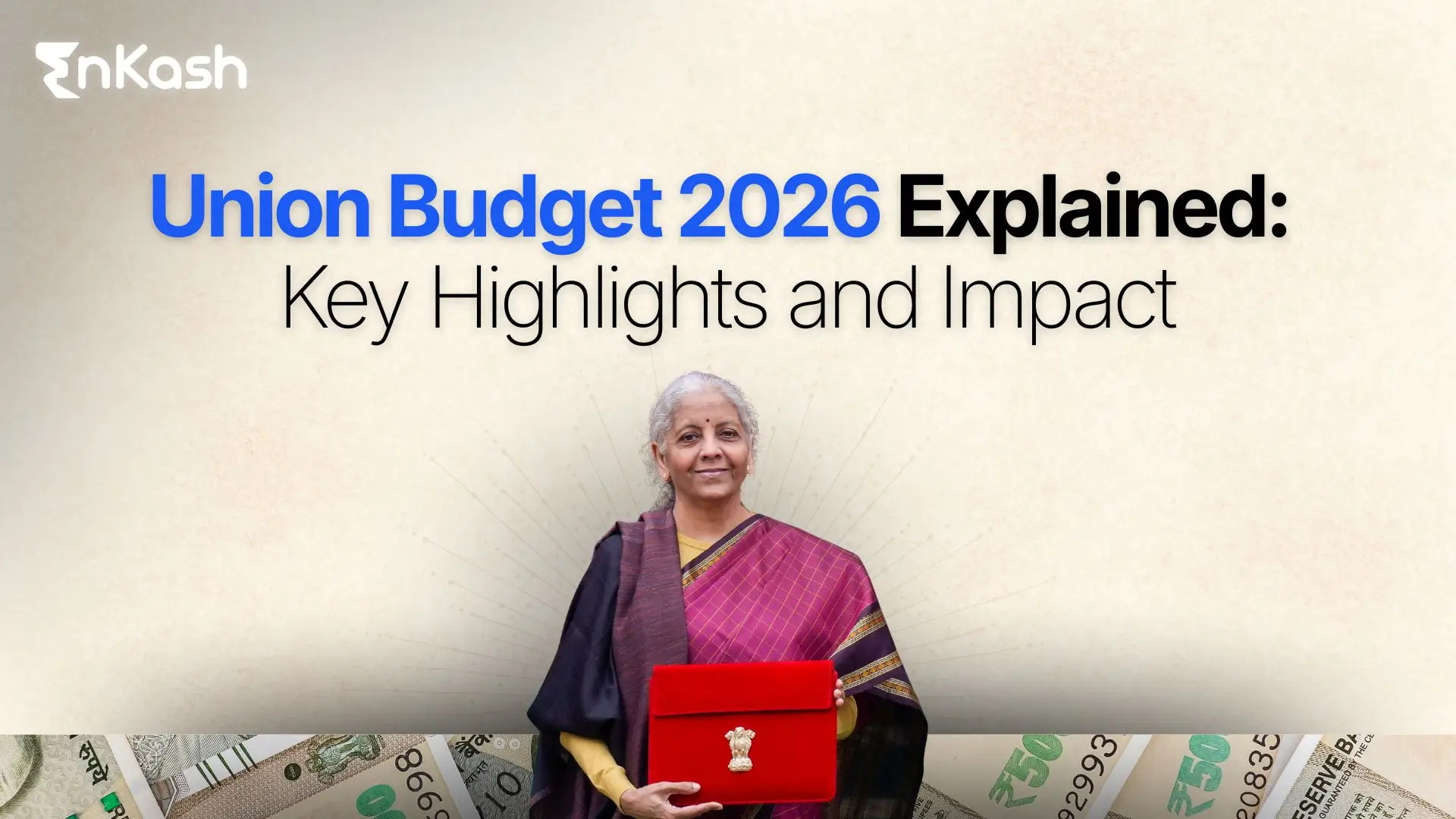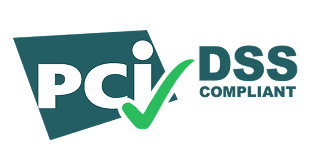Fuel takes a bigger bite out of company budgets than many realise. Cash payments and reimbursement claims make it worse. Receipts in envelopes, half-filled spreadsheets, drivers running around for signatures. Managers then sit there trying to rebuild the trail of money. A prepaid fuel card for business exists to stop that cycle and bring some order back.
Think of a corporate fuel card as a controlled wallet. It is loaded in advance and can be used only for fuel or linked expenses. Instead of passing cash from hand to hand, the company sets a balance, and drivers swipe at the pump. Every transaction is captured instantly. No faded paper slips. No guessing games. Just clear entries showing the date, the place, and the amount.
The best corporate fuel card in India does more than process payments. It gives managers the power to write the rules. Daily limits can be fixed. Spending outside fuel stations can be locked. Some cards even allow restrictions based on time or geography. The purpose is simple: keep spending transparent and predictable while cutting out misuse.
Providers have shaped two main paths. Large fuel companies run their own fleet card programs. These cards are tied to their network of stations and usually carry rewards or loyalty benefits. Then there are prepaid corporate cards issued under the Reserve Bank’s Prepaid Payment Instrument framework. These go beyond the network model. They come with dashboards that show live transactions, merchant category controls, and reloads through standard digital payments. For full verification, balances may reach two lakh rupees, which is more than enough to handle the daily refuelling of most fleets.
This variety gives businesses room to choose. A small courier firm can adopt a simple network card. Large transport operators often go for systems that give them stronger controls and cleaner reporting. What ties them all together is the visibility. Instead of chasing paper slips from drivers, a manager can log in and see the numbers instantly. That simple change explains why prepaid fuel solutions are no longer just an extra, but close to essential.
Compliance and Tax Basics
Every prepaid corporate card has to follow the rules set by the central bank. These rules are known as the Prepaid Payment Instrument guidelines. They define how much balance a card can hold, how it can be reloaded, and the level of checks required before it is used.
There are two types of accounts. Limited checks mean lower limits and restricted use. Full checks mean the business has completed all verification, and the balance can go as high as two lakh rupees. This higher limit works well for companies that refuel several vehicles each day.
Reloading the prepaid fuel card for business is simple. Money can be added through digital banking transfers or scheduled top-ups arranged by the finance team. Each reload follows the limits and security steps set by the guidelines, which keeps the process safe and traceable.
Tax needs its own space in this conversation. Petrol and diesel sit outside the Goods and Services Tax system, so no matter how you pay, even with a card, input credit does not apply to the fuel itself. That part is clear.
What can be claimed are the side charges you sometimes see on an invoice. Service fees, handling charges, small add-ons tied to business use. These fall under GST and can be taken as credit. This is the point where the phrase fuel card with GST input credit gets twisted. The benefit relates to taxable extras on the bill, never to the actual fuel. It makes sense to confirm the details with a tax adviser before filing anything. Assumptions usually cost more than the advice.
When compliance is handled properly, the best corporate fuel card in India becomes easier to use. Records stay clean, the framework holds, and audits feel less like a hunt for missing papers. Transparency is the real goal here, and it is what keeps businesses from running into surprises later.
Features of Prepaid Fuel Cards
Before choosing the best corporate fuel card in India, it is important to know what makes these cards stand out. Each feature has a role in controlling expenses, reducing misuse, and making fuel management smooth. Below are the main features of prepaid fuel cards explained in clear terms.
- Spending restrictions: The card can be locked for fuel-only use. Businesses can set daily limits, block non-fuel transactions, or even restrict usage to certain hours or regions.
- Reload flexibility: A prepaid fuel card for business can be reloaded through digital banking transfers, scheduled top-ups, or bulk loads for multiple vehicles. This gives the finance team control over when and how funds are added.
- Real-time tracking and alerts: Every payment is recorded instantly. Managers receive updates that show the exact station, date, and amount. Alerts can be set up to flag unusual activity.
- Hotlisting and blocking: Lost or misused cards can be blocked right away through an online portal. This feature protects company funds and prevents fraud.
- Detailed MIS and reporting: Transactions can be broken down by driver, vehicle, or route. These reports are useful for audits and for tracking the cost per kilometre.
- Wide acceptance: The best corporate fuel card in India must be usable across a strong network of fuel stations to avoid gaps during long trips.
- Integration with systems: Some cards allow reports to be linked with accounting or enterprise software, cutting down on manual entries.
- Customer support and service levels: Round-the-clock assistance, quick dispute resolution, and clear service timelines ensure smooth operations.
These features turn a card from being just a payment tool into a structured system for managing one of the biggest business expenses.
Corporate Fuel Card Comparison
Before selecting the best corporate fuel card in India, it helps to compare the types of cards available. The market mainly offers two choices. Each has its strengths and works better for different kinds of businesses. Below is a clear Corporate fuel card comparison to guide the decision.
Fuel company network cards:
- Issued by large fuel providers.
- Work only within their own network of fuel stations.
- Come with loyalty programs and special discounts.
- Provide invoices and detailed transaction records.
- Best suited for fleets that regularly use the same routes and stations.
Prepaid corporate cards under the central bank framework:
- Function as prepaid fuel card for business tools with flexible controls.
- Allow merchant category restrictions, daily or per-transaction limits, and location-based rules.
- Accepted across multiple outlets if configured by the provider.
- Provide dashboards with live data, trip-wise reporting, and export options for accounting.
- Ideal for companies that need more flexibility and deeper policy controls.
By looking at this Corporate fuel card comparison, businesses can see the difference between a fixed network program and a more versatile prepaid solution. The choice depends on routes, control requirements, and the type of reporting that fits the business.
Hidden Costs and Fee Structures
A prepaid fuel card for business makes spending easier, but there are costs that are not always clear at first glance. To avoid surprises, companies should review the fine print before choosing the best corporate fuel card in India. Below are the common charges to watch for.
- Joining or annual fees: Some cards require a one-time joining fee or a yearly maintenance charge.
- Reload charges: Adding funds may attract a small fee, especially for frequent top-ups or bulk loads.
- Replacement costs: If a card is lost or damaged, providers may charge for issuing a new one.
- Dispute and penalty fees: Certain providers apply charges for failed transactions, delayed payments, or disputes raised.
- Loyalty redemption conditions: Cards linked to reward programs may have rules for redeeming points, and these rules sometimes reduce the actual value of rewards.
- Network surcharges: In a few cases, payments outside preferred stations may attract extra charges.
How to Select the Best Fuel Card for Businesses
Choosing the best corporate fuel card in India is not about picking the first option that looks convenient. It requires a careful look at how your company operates, the routes your vehicles travel, and the level of control you want over spending. A clear process helps prevent mistakes and ensures that the card you choose brings real value. Below is a checklist that answers the question of how to choose a fuel card for business.
- Assess your fuel spend and fleet size: Begin with a clear picture of how much you spend on fuel each month and how many vehicles you operate. A small delivery fleet may need simple controls, while a large logistics company may demand stronger policies.
- Match acceptance to routes: A prepaid fuel card for business must be usable across the stations your vehicles pass through. If most refuelling happens on highways, look for wide acceptance. If vehicles are routed through cities, ensure coverage in those areas.
- Check for control features: The features of prepaid fuel cards such as transaction limits, merchant category restrictions, and time-based controls make a huge difference. These features prevent misuse and allow managers to define clear spending rules.
- Look at reporting depth: Ask if the card provides trip-wise, driver-wise, or vehicle-wise reports. A card that only shows total spends may not help with audits, while detailed MIS reports simplify tracking.
- Understand reload methods: Flexibility is key. Digital transfers, bulk loads, or scheduled top-ups should be available. Easy reloads save time for the finance team.
- Know the KYC process and limits: Full verification is necessary for higher balances. A fully verified card can hold up to two lakh rupees, which is useful for larger fleets.
- Evaluate security options: Instant blocking, fraud alerts, and PIN-based usage keep company funds safe. These tools protect against loss or misuse.
- Review customer service: Quick response during disputes, strong escalation processes, and round-the-clock support can prevent downtime during critical trips.
- Compare fees and hidden charges: Annual fees, reload costs, and penalty charges should all be considered. A fair Corporate fuel card comparison must factor in the total cost, not just the headline features.
- Run a pilot before full rollout: Test the card with a small set of vehicles for a few weeks. This shows if the card works smoothly, matches your routes, and delivers on promises before expanding to the entire fleet.
Following this process answers the common question of how to choose the best prepaid fuel card?. By reviewing spend, routes, features, and fees step by step, companies can confidently select the right option.
KPIs to Track Post-Implementation
Getting the best corporate fuel card in India is only the start. To know if the card is truly working for your business, you need to measure the right indicators. These are not complicated numbers. They are practical checks that show whether the prepaid fuel card for business is saving money, improving control, and making operations smoother.
Fuel cost per kilometre: Track how much money is being spent for every kilometre your fleet travels. If this number goes down after adopting the card, it means the program is helping you cut waste.
- Blocked or prevented misuse: The features of prepaid fuel cards such as spend limits and merchant restrictions should stop unwanted transactions. Count how many attempts were blocked. This tells you how effective the controls really are.
- Reconciliation time: Before the card, managers may have spent days collecting receipts and matching them against logs. With digital reports, this should now take hours instead of days. The shorter the time, the better the system.
- Variance with vehicle data: Compare fuel card records with odometer readings or telematics reports. If there are large differences, it may point to theft, leaks, or recording errors.
- Driver satisfaction: Numbers are not everything. Ask drivers if they find the card easy to use. A smooth experience reduces delays at stations and helps maintain trust between staff and management.
These simple checks make it clear if the benefits of prepaid fuel cards are being realised. A card that shows positive results across these areas is the right match for your business, and a card that fails to deliver should be reviewed or replaced.
Smart Questions to Ask Vendors
Even after shortlisting the best corporate fuel card in India, it is important to ask the right questions before signing up. A prepaid fuel card for business may look perfect on paper, but details from the provider will reveal if it suits your needs in practice. Below are some smart questions that help in making the right choice.
- How wide is the acceptance network? Ask for a map of fuel stations that accept the card. Compare this with the routes your vehicles use every day.
- What is the process for disputes? Transactions sometimes fail or appear incorrectly. Check how quickly disputes are resolved and what escalation steps are in place.
- What formats are available for reporting? The features of prepaid fuel cards should include downloadable reports. Confirm if they can be exported in formats that match your accounting or enterprise systems.
- How fast are new cards issued? Lost or damaged cards are bound to happen. Ask about the time taken for replacement so your drivers are not left waiting.
- What limits apply to full verification? Providers should explain how balances are managed after full checks. This is linked to the question of how to select the best fuel card for businesses, since high balances may be essential for larger fleets.
- What backup support is offered during downtime? Ask how transactions are handled if a fuel station system is not working or if there are network issues.
- What service levels are guaranteed? A clear service agreement covering hotlisting, support availability, and resolution timelines will prevent problems later.
These questions bring clarity. They also help in a proper Corporate fuel card comparison, since every provider has different strengths. By asking and noting down the answers, you will see which card fits your routes, budget, and control needs the best.
Conclusion
There is no single answer when it comes to the best corporate fuel card in India. What works for a large fleet covering long routes may not fit a company that cares more about detailed reporting and tight controls. Every business sets its own priorities. What prepaid fuel cards do provide, without question, is structure. They cut out the endless back and forth of cash handling and leave a clean, traceable record of every litre purchased.
The smart approach is to slow down and compare. Look at what each provider offers, ask direct questions, and don’t overlook the small print. The truth of a prepaid fuel card for business only shows itself in daily use. Track fuel cost per kilometre, pay attention to any blocked misuse, and ask drivers what they see on the ground. Those small checks reveal whether the system is working or just adding another layer of paperwork.
Used with care, the gains are obvious. Costs drop, misuse shrinks, and managers finally get the visibility they keep asking for. Knowing how to choose a fuel card for business is less about the sale and more about building a process that serves both immediate control and long-term growth.
FAQs
1. Can a prepaid corporate fuel card be linked to vehicle numbers instead of drivers?
Yes. Many providers allow cards to be mapped directly to vehicle registration numbers. This makes tracking fuel usage per vehicle easier and prevents confusion when multiple drivers operate the same vehicle during different shifts.
2. How do prepaid corporate fuel cards help during long highway trips?
A prepaid fuel card for business provides cashless access across approved stations, which is safer than carrying money. It also ensures every transaction is logged with location details, allowing managers to confirm that drivers stayed on their planned routes.
3. Is it possible to set different limits for different drivers using the same system?
Yes. The features of prepaid fuel cards include custom limits. Managers can set daily or weekly caps for each driver depending on the vehicle they operate, the routes they cover, or the fuel capacity required.
4. How secure are prepaid corporate fuel cards against fraud?
Security is a core design element. The best corporate fuel card in India allows instant blocking, alerts for unusual transactions, and restrictions by merchant category. These features reduce the chances of misuse or fuel theft significantly.
5. Do prepaid corporate fuel cards allow integration with GPS or telematics?
Some advanced providers offer integration with fleet management systems. This lets businesses match fuel card transactions with GPS data, helping them detect route deviations, fuel theft, or excessive idling that increases consumption.
6. Can businesses earn loyalty rewards through fuel cards?
Yes. Certain fuel network cards add loyalty points or discounts with every purchase. These rewards can be redeemed later for additional fuel or services, giving small but steady savings to the company over time.
7. How does a fuel card improve tax filing even if GST credit is not available on fuel?
Even without direct GST credit, digital invoices and structured reports from a fuel card with GST input credit on related charges make audits simpler. Accurate records reduce disputes and ensure compliance with tax rules.
8. What happens if a driver loses a prepaid corporate fuel card during a trip?
The card can be blocked instantly through the provider’s portal or helpline. A replacement is usually issued within days. In the meantime, some providers allow emergency reloads on other active cards to avoid disruption.
9. Are prepaid fuel cards useful for small businesses with limited vehicles?
Yes. Even a company with two or three vehicles benefits. Cards remove the hassle of collecting bills, help owners monitor every expense, and provide insights into usage patterns that can shape better fuel planning.
10. How do businesses evaluate if a fuel card is worth keeping long term?
They should track cost per kilometre, monitor blocked misuse, measure reconciliation time, and check driver feedback. If the card improves control and reduces effort in these areas, it is worth continuing with the program.

